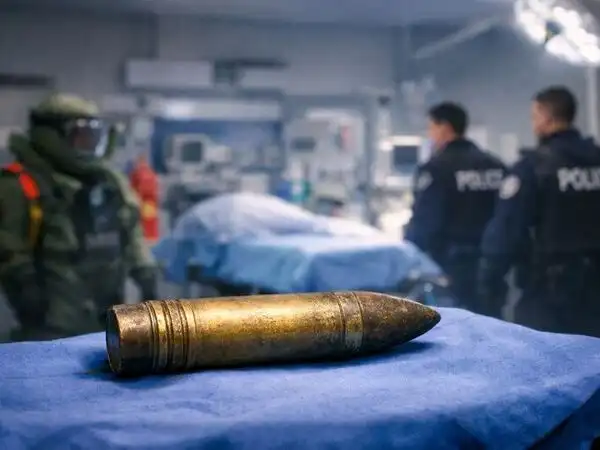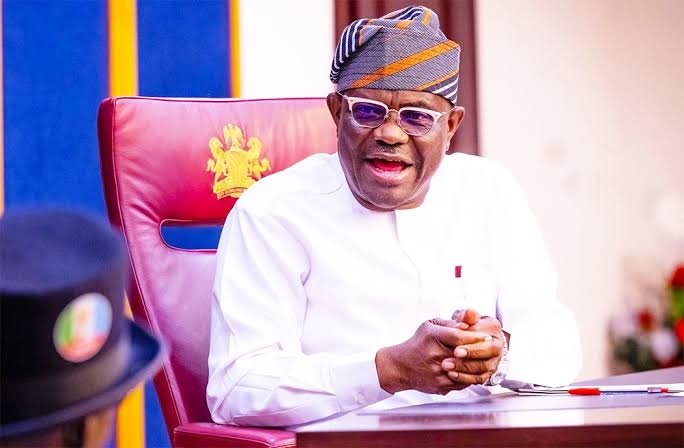CUPP Secretary Criticises Fubara’s Return as Rivers Governor
The National Secretary of the Coalition of United Political Parties (CUPP), Peter Ameh, has criticised Governor Siminalayi Fubara’s decision to resume office at the Rivers State Government House, describing it as a political retreat that undermines the struggle for democracy and state autonomy.
Speaking during an interview on Channels Television’s Sunrise Daily, Ameh said he was disappointed in the governor’s decision to return under what he described as unfavourable conditions. He argued that rather than accepting compromise, Fubara should have stood firm against what opposition groups perceive as unconstitutional interference in Rivers affairs.
“I feel let down that Governor Fubara chose to return under these circumstances,” Ameh stated. “The people of Rivers needed a leader who would stand up to defend democracy and resist undue federal pressure, not someone who would give in at the crucial moment.”
Governor Fubara’s administration has been unsettled by a prolonged feud with his predecessor and political mentor, Nyesom Wike, now serving as Minister of the Federal Capital Territory. Their falling-out triggered a deep crisis in the Rivers State House of Assembly, splitting lawmakers into rival factions and prompting a wave of court battles and heightened security deployments in Port Harcourt.
At the height of the conflict, Fubara was effectively forced out of the Government House, while the federal government was accused of siding with Wike’s loyalists in the state. The development drew condemnation from civil society and opposition blocs, including CUPP, which viewed it as a direct assault on the principle of federalism.
The controversy intensified during the recent local government elections in Rivers, which many opposition parties claimed were riddled with irregularities. The results favoured candidates loyal to Wike, further fuelling allegations of manipulation and raising concerns over the integrity of the democratic process.
According to Ameh, Fubara’s return to office in the aftermath of the disputed elections reflects a concession that damages his credibility and strengthens the hand of those accused of undermining democracy in the state.
On the other hand, supporters of Governor Fubara have defended his return as a strategic step toward restoring calm and resuming governance in Rivers. They argue that continued absence would have worsened instability, hindered development projects, and left residents to bear the brunt of political conflict.
Some political actors close to the administration insist that the decision was informed by a desire to prioritise peace and service delivery. They also suggest that behind-the-scenes negotiations involving federal authorities contributed to securing the governor’s safe return.
Civil society groups and analysts have offered divided opinions.
While some see the development as a chance to restore normalcy, others believe it sets a troubling precedent for future federal interference in state politics. CUPP, however, maintains that the return signals a disappointing capitulation.
With the governor back in the Government House, observers say attention will now shift to how the state legislature, political factions, and civil society respond in the coming weeks.
The ability of the administration to maintain stability and deliver on governance will determine whether Fubara’s decision helps resolve the crisis or deepens existing divisions.
For now, the move remains controversial—viewed by critics as a retreat and by supporters as a necessary compromise to safeguard peace in the state.







